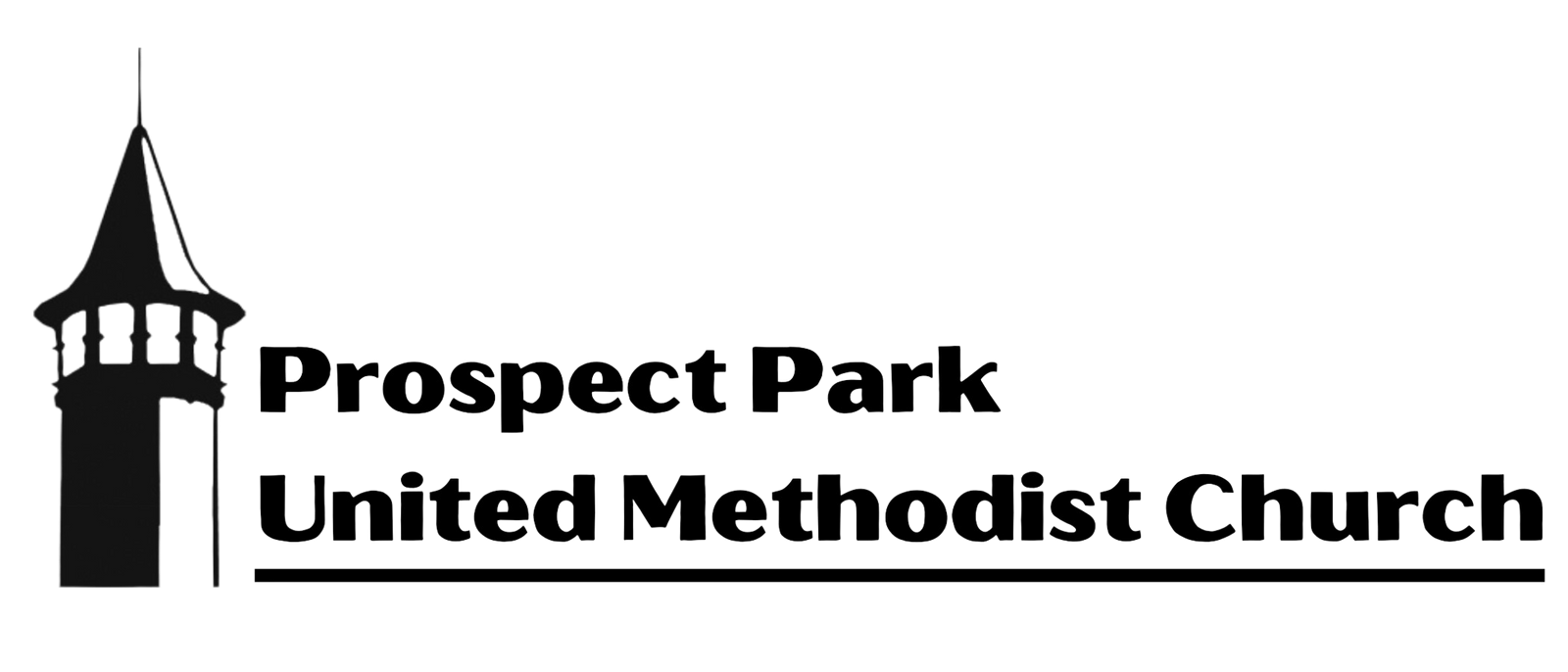SCRIPTURE: John 6:35, 41-51
Jesus explained to them: “I am the bread of life. Anyone who comes to me will never be hungry again, and anyone who believes in me will never again be thirsty…
The Judeans then began to grumble about him because he had said, “I am the bread that came down from heaven.” They would say things like, “Isn’t this Jesus, Joseph’s son? Don’t we know both his father and his mother? How can he now say, ‘I have come down from heaven’?”
Jesus replied, “Don’t grumble under your breath. People cannot come to me unless the Father who sent me takes them in, and I will resurrect them on the last day. As the prophets put it: ‘And they will be informed by God.’
“Everyone who listens to the Father and learns from him comes to me. Not that anyone has seen the Father; the only one who has seen the Father is the one who comes from God. I swear to God, the believer has real life. I am the bread of life. Your ancestors ate the manna in the desert, but they still died. This is the bread that comes down from heaven: anyone who eats it never dies. I am the life-giving bread that came down from heaven. Anyone who eats this bread will live forever. And the bread that I will give for the world’s life is my mortal flesh.”
[From The Five Gospels: The Search for the Authentic Words of Jesus, new translation and commentary by Robert W. Funk, Roy W. Hoover, and The Jesus Seminar, 1993.]
Today’s contemporary reading is taken from the book The Hours of the Universe: Reflections on God, Science, and the Human Journey by Ilia Delio, a Franciscan sister of Washington DC and an American theologian. She specializes in the area of science and religion and has been greatly influenced by the work of the Jesuit priest, scholar and paleontologist Pierre Teilhard de Chardin (1881-1955).
Sr. Delio has this to say:
Through his penetrating view of the universe Teilhard found Christ present in the entire cosmos, from the least particle of matter to the convergent human community. [For him] the whole cosmos is incarnational…and he writes, “There is nothing profane here below for those who know how to see.” [Expanding on this, Delio suggests that] Christ invests himself organically with all of creation, immersing himself in things, in the heart of matter, and thus unifying the world. The universe is physically impregnated to the very core of its matter by the influence of his superhuman nature. Everything is physically christified, gathered up by the incarnate Word as nourishment that assimilates, transforms, and divinizes. The world is like a crystal lamp illumined from within by the light of Christ. For those who can see, Christ shines in the diaphanous universe through the cosmos and in nature.
[From Ilia Delio, OSF, The Hours of the Universe: Reflections on God, Science, and the Human Journey (2021), pp. 81-2.]
